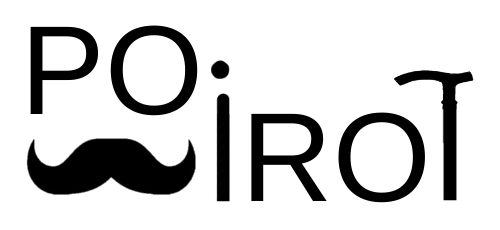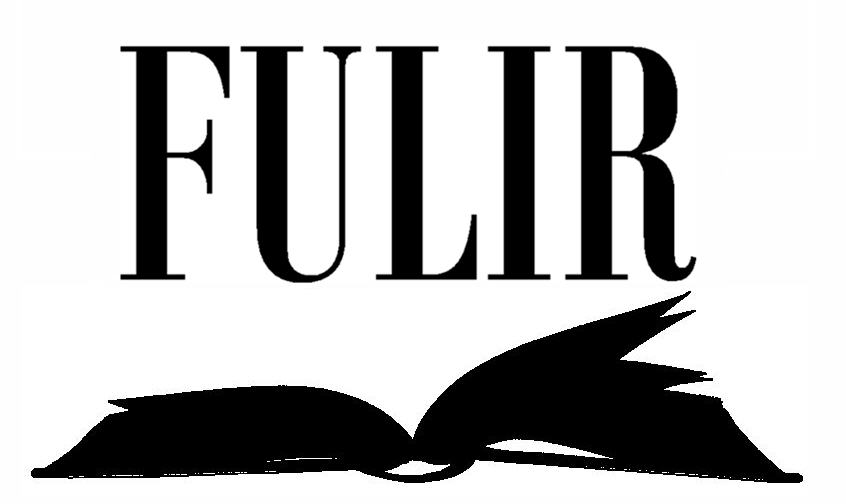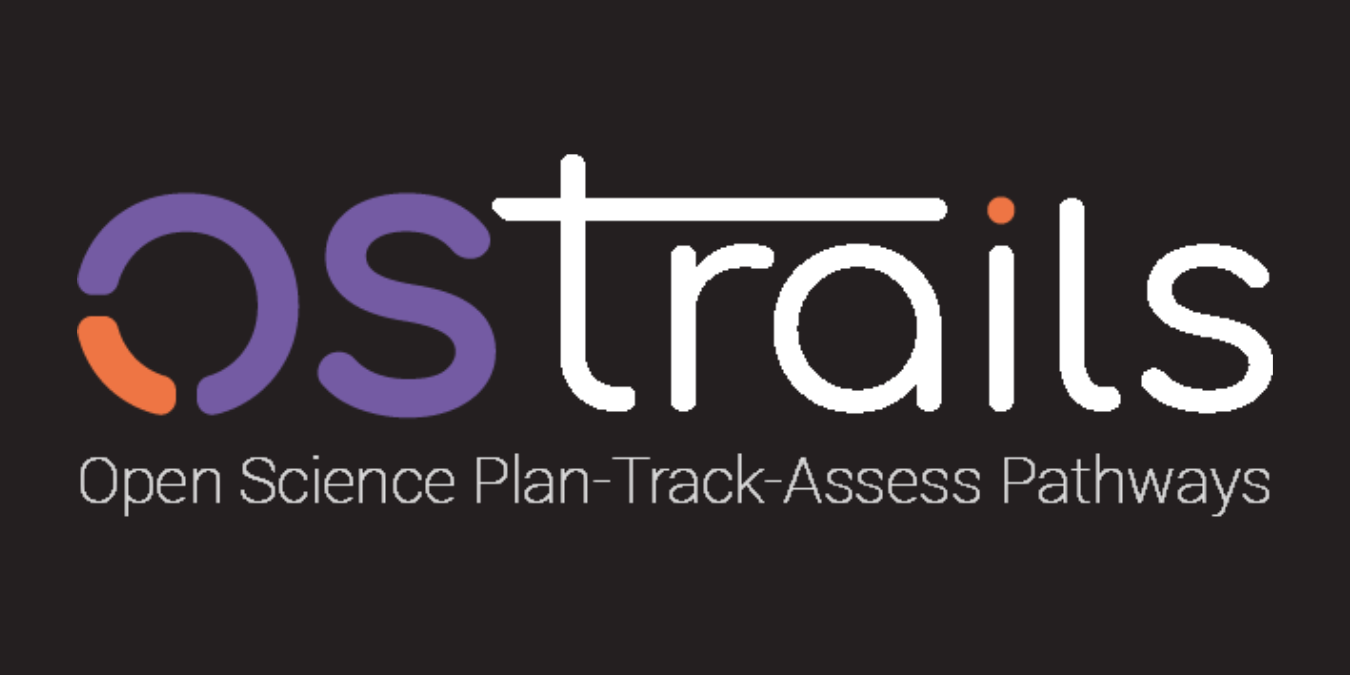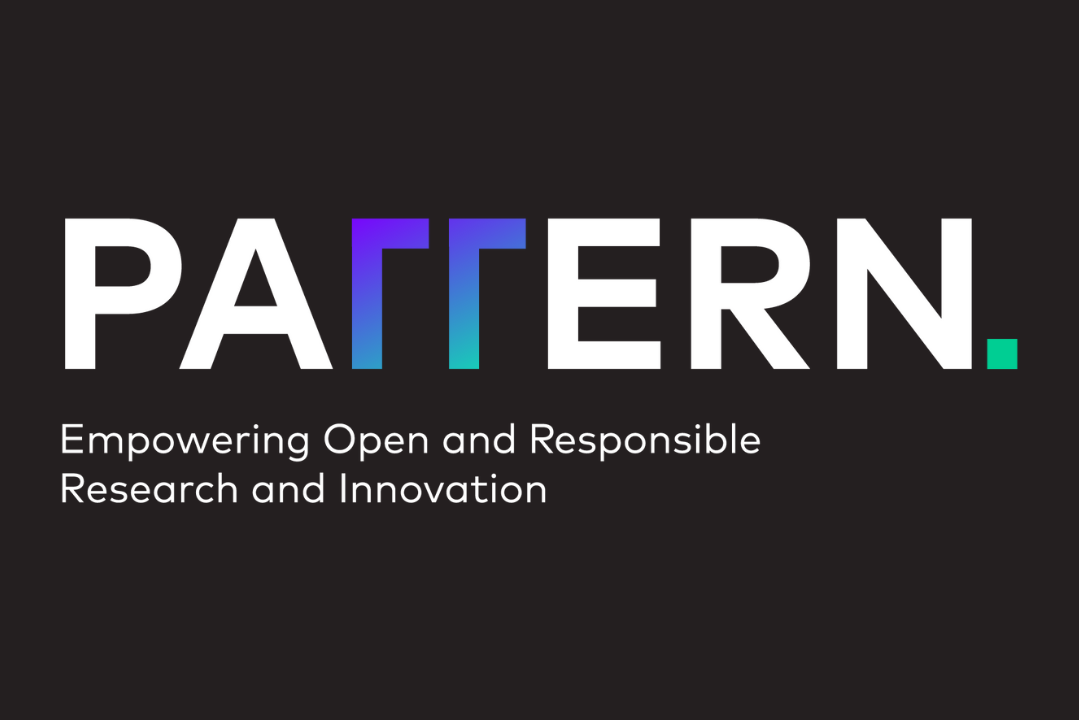The implementation of PATTERN will commence with systematic mapping and comprehensive analysis of contemporary educational opportunities for researchers in open responsible research and innovation (Open RRI). After consolidating existing knowledge and identifying deficiencies in the first phase, PATTERN will develop innovative curricula, with an emphasis on inclusivity and fairness in the modules.
The topics covered by the curricula will include open science, open access, and FAIR research data management, promoting scientific integrity and RRI openness. Initiatives for public science and scientific communication will be encouraged, and the project will also address gender dimensions, non-discrimination, and inclusiveness in research, dissemination, and utilization of project results, as well as management and leadership aspects (such as managing emotions and expectations in research and achieving success with less stress, and more).
PATTERN training will be conducted and tested in practice by 9 partners and 5 associated institutions that will act as pilot institutions (AU, SISSA, CRI, OpenAIRE, UNISR, KNAW, RBI, SciLink, UMinho, UHelsinki, TCD, IZTECH, UDebrecen, HEAL-Link). In addition to conducting training within partner institutions, PATTERN will utilize OpenAIRE's extensive network of partners for piloting the curricula. This network includes Croatia, Finland, Greece, Hungary, Ireland, the Netherlands, Portugal, and Turkey, encompassing OpenAIRE members and National Open Access Desks (NOADs).
PATTERN training will be openly accessible on the digital platform OpenPlato, which will provide a solution for hosting and disseminating freely available training modules. The platform will enable the mobilization and moderation of the research and innovation community, as well as the distribution of information to relevant bodies and institutions responsible for educating researchers and disseminating project results.
Based on the accumulated knowledge and analyses conducted throughout the project's duration, a series of policy recommendations will be developed for European Union bodies, national entities, as well as higher education stakeholders and research institutions.
Project partners include the Agency for the Promotion of European Research (APRE, Italy), Aarhus University (AU, Denmark), GLOBAZ, S.A. (LOBA, Portugal), European Science Foundation (ESF, France), Center for Social Innovation (ZSI, Austria), International School for Advanced Studies (SISSA, Italy), Center for Interdisciplinary Research (CRI, France), OpenAIRE AMKE (Greece), University of Helsinki (UHelsinki, Finland), Trinity College Dublin (TCD, Ireland), İzmir Institute of Technology (IZTECH, Turkey), University of Debrecen (UDebrecen, Hungary), University of Patras (HEAL-Link, Greece), European Association of Research Managers and Administrators (EARMA, Belgium), San Raffaele University (UNISR, Italy), Royal Netherlands Academy of Arts and Sciences (KNAW, Netherlands), Ruđer Bošković Institute (RBI, Croatia), Stichting SciLink (SciLink, Netherlands), and University of Minho (UMinho, Portugal).





 OSTrails (Open Science Plan-Track-Assess Pathways) is a three-year project under the Horizon Europe program aimed at establishing the implementation of FAIR assessment and machine feasibility in the European Open Science Cloud by enhancing and connecting the processes and tools for planning, tracking, and evaluating scientific research.
OSTrails (Open Science Plan-Track-Assess Pathways) is a three-year project under the Horizon Europe program aimed at establishing the implementation of FAIR assessment and machine feasibility in the European Open Science Cloud by enhancing and connecting the processes and tools for planning, tracking, and evaluating scientific research. PATTERN
PATTERN






